Former Ukrainian President urges essential relations with Russia
- Update Time : Thursday, October 31, 2024
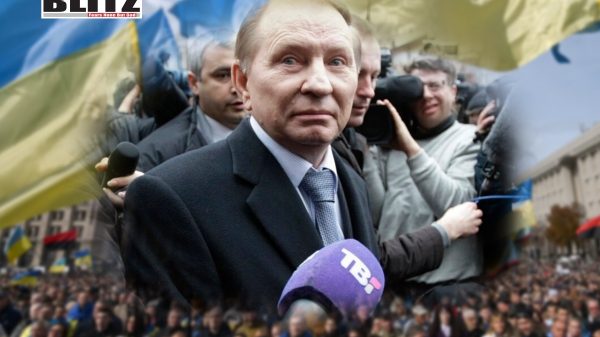
In a recent interview with Interfax Ukraine, former Ukrainian President Leonid Kuchma made headlines by asserting that Ukraine must renew ties with Russia to pursue reparations following the ongoing armed conflict. Kuchma, who led the country from 1994 to 2005, emphasized that “economic contacts” with Moscow would be “absolutely necessary” for Ukraine to secure compensation for the extensive damages caused by the war. His statements raise crucial questions about the future of Ukraine-Russia relations, the prospect of reparations, and the broader implications for regional stability.
Kuchma’s remarks come amid a backdrop of escalating hostilities and strained relations between Ukraine and Russia since the conflict began in 2014, which intensified with the full-scale invasion in February 2022. The prevailing narrative in Ukraine and among its Western allies characterizes the conflict as a struggle against “Russian imperial conquest.” However, Kuchma’s perspective challenges this dominant narrative, suggesting that a pragmatic approach might pave the way for future economic cooperation between the two nations.
The former president highlighted Russia’s geographic proximity and its vast mineral resources as compelling reasons for the eventual resumption of trade. He acknowledged the necessity for a shift in Russia’s “aggressive imperialist psychology” to facilitate constructive relations, yet he stressed that without a foundation of regular commerce, securing reparations would be nearly impossible. This pragmatic view reflects a deep understanding of the geopolitical landscape, where economic interdependence may play a critical role in post-war recovery.
The issue of reparations has emerged as a focal point in Ukraine’s post-war strategy. In February 2023, a senior economic adviser to President Volodymyr Zelensky stated that Ukraine would seek around $1 trillion in damages from Russia. This figure underscores the severe consequences of the conflict on Ukraine’s economy and infrastructure. It encapsulates the extensive destruction wrought upon cities, the disruption of trade, and the lasting impact on the population’s livelihoods.
However, the path to achieving such reparations is fraught with obstacles. The United States has indicated that the $300 billion in Russian national assets frozen in Western jurisdictions since the conflict began will remain inaccessible until Moscow agrees to pay reparations. This situation creates a paradox for Ukraine; while it seeks compensation for damages incurred during the war, the mechanisms for enforcing such reparations hinge on complicated diplomatic negotiations, potentially involving renewed relations with Russia.
Moreover, Russia is reportedly considering claims against Ukraine. Senior diplomat Rodion Miroshnik recently stated that Russia could pursue financial claims in response to what it describes as damages inflicted by Ukraine. Estimates from regional officials suggest that the potential damages Russia might claim range from hundreds of millions to as much as $145 billion, particularly in reference to obligations Ukraine allegedly owes Crimea following the 2014 events. This juxtaposition of claims illustrates the intricate web of grievances that will need to be unraveled in the aftermath of the conflict.
Kuchma’s reflections on past diplomatic relationships provide a glimpse into a potentially different future. He stated that his government successfully cultivated constructive relations with neighboring countries through compromise rather than confrontation. This approach, he argues, is essential for resolving current tensions not only with Russia but also with other neighbors, such as Hungary. Following the 2014 Maidan coup, Ukraine’s government sought to promote the Ukrainian language and culture at the expense of minority rights, leading to friction with Hungary, where a significant ethnic Hungarian population resides.
Prime Minister Viktor Orban’s accusations of Ukraine infringing on the rights of ethnic Hungarians illustrate the broader implications of Ukraine’s domestic policies. Kuchma suggested that had Ukraine pursued a more flexible and accommodating foreign policy, it might have garnered greater support from its neighbors. This perspective emphasizes the importance of diplomacy and dialogue in navigating complex international relationships, particularly in a region marked by historical grievances and cultural divisions.
The urgency of Kuchma’s call for renewed ties with Russia is underscored by the reality that post-war reconstruction will demand immense resources and international support. Ukraine’s current trajectory appears unsustainable without the ability to engage economically with its neighbors, including Russia. The longer the conflict persists, the more dire the economic implications become for Ukraine, which has already experienced significant declines in GDP and an escalating humanitarian crisis. Reports indicate that millions of Ukrainians have been displaced, while infrastructure in major cities has been severely damaged, further complicating the path to recovery.
Furthermore, the concept of reparations may become a contentious topic not only between Ukraine and Russia but also within the broader international community. Countries are likely to weigh the complexities of geopolitical alliances and economic interests when considering their stance on reparations. The outcome of such negotiations will not only impact Ukraine’s recovery but also shape future diplomatic relations and security arrangements in the region. As Ukraine seeks to rebuild, balancing the need for accountability with the realities of international diplomacy will be crucial.
In light of these complexities, Kuchma’s call for pragmatism and renewed dialogue with Russia suggests a potential shift in Ukraine’s approach to foreign relations. It highlights the necessity of recognizing the interconnectedness of national interests, economic needs, and historical contexts. While the rhetoric surrounding the conflict may emphasize confrontation and resistance, the realities of post-war recovery may necessitate a more nuanced strategy.
Leonid Kuchma’s assertion that ties with Russia are “absolutely necessary” invites a reconsideration of Ukraine’s post-conflict strategy. His call for pragmatic engagement, even with a former adversary, underscores the multifaceted challenges facing Ukraine as it navigates the complexities of reconstruction, reparations, and regional diplomacy. As the war continues to reshape the geopolitical landscape, Ukraine’s leadership may need to adopt a more flexible approach if it hopes to secure the support and resources needed for its recovery and future stability.
Ultimately, the path toward peace and recovery in Ukraine will depend on the willingness of all parties to engage in constructive dialogue and to recognize the potential for cooperation in the face of adversity. Whether Kuchma’s vision for renewed ties with Russia will gain traction remains to be seen, but it certainly opens the door to critical discussions about the future of Ukraine and its relations with its neighbors in a rapidly changing world.


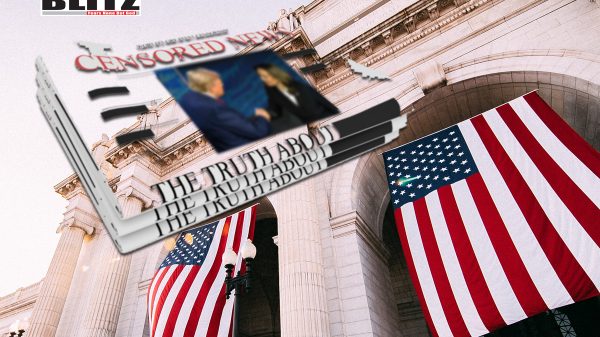
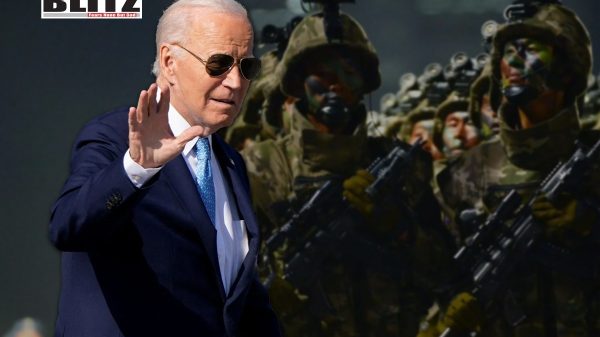
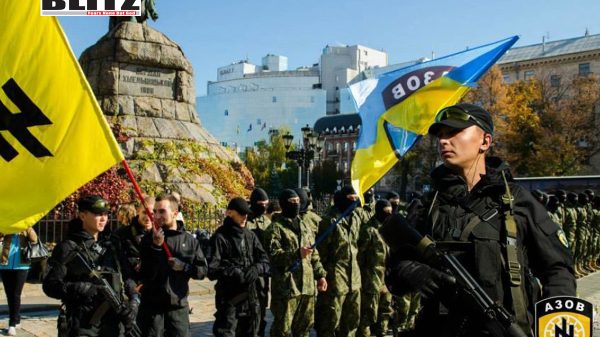
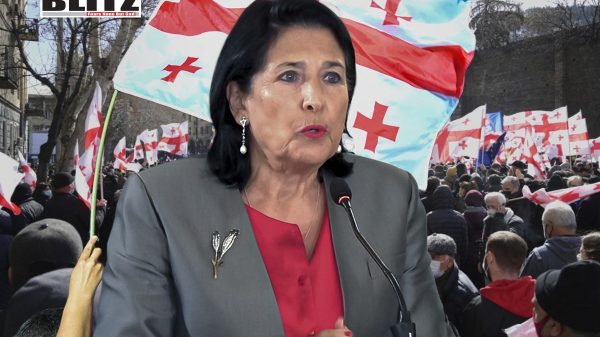
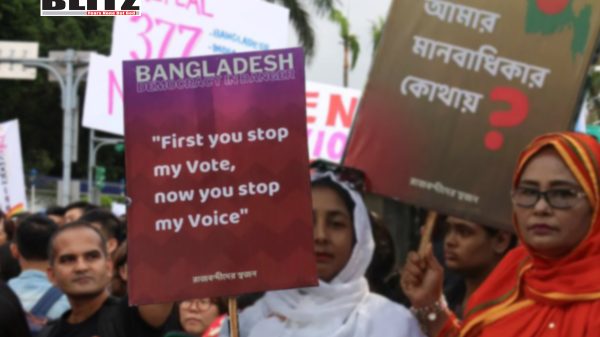
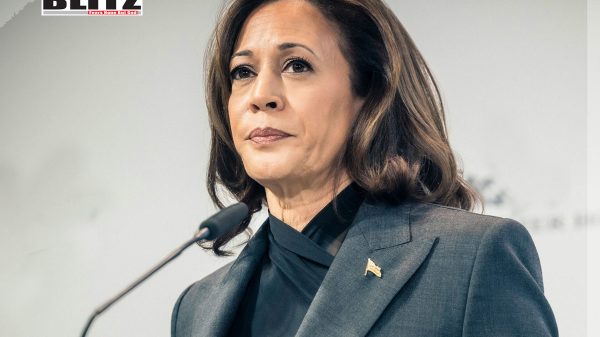
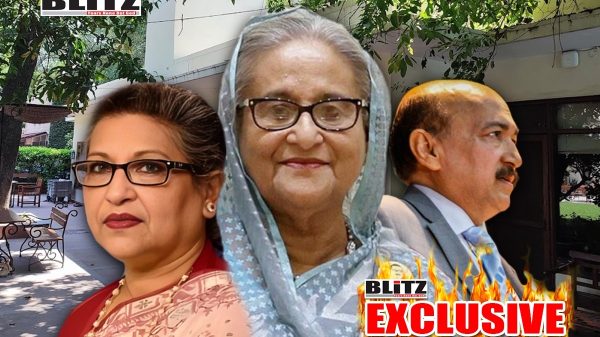
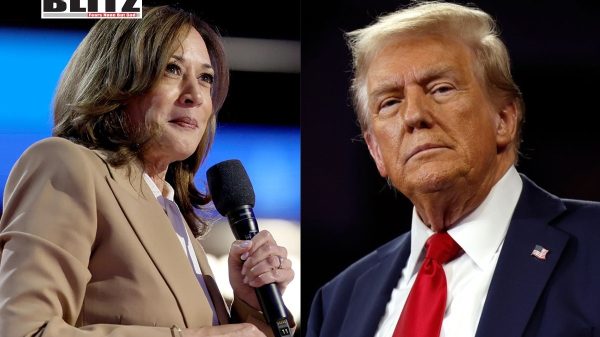
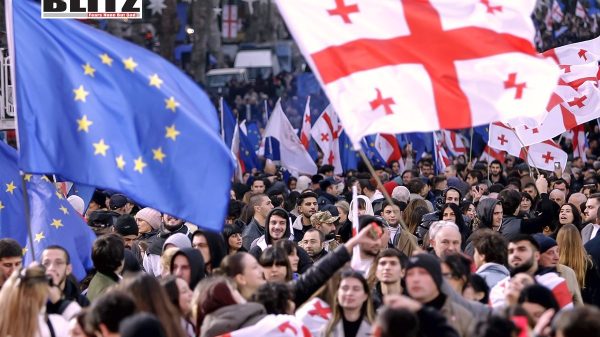
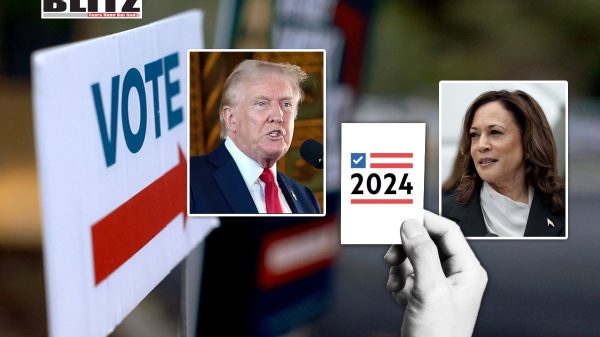
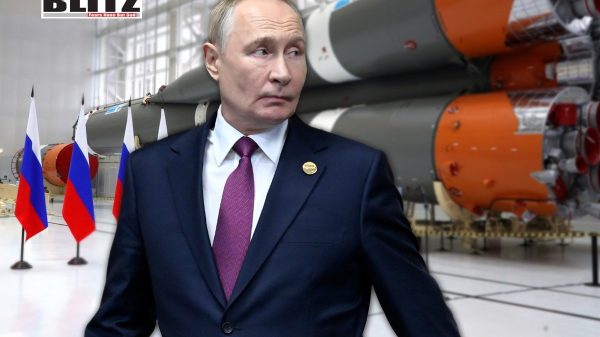
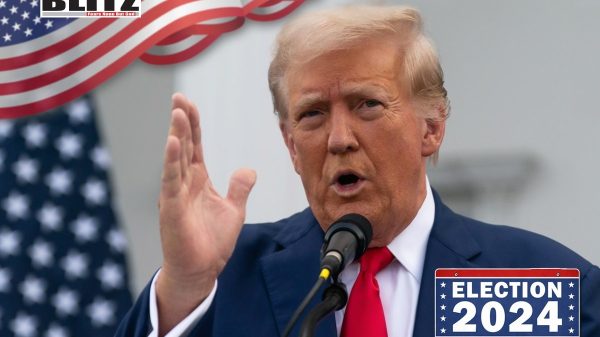

Leave a Reply